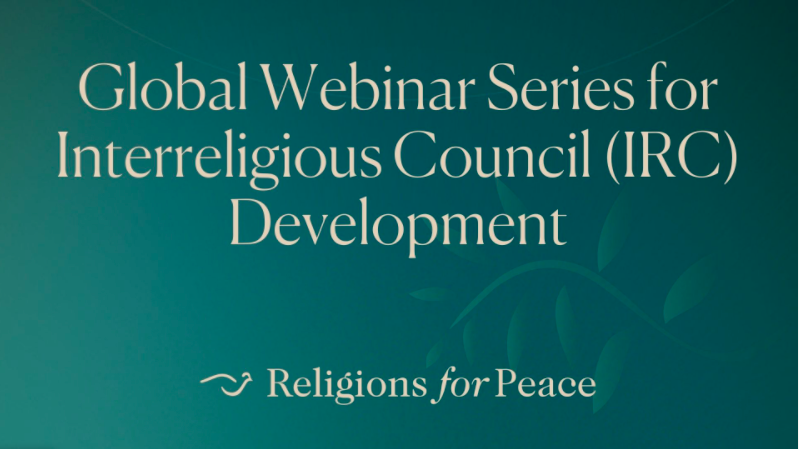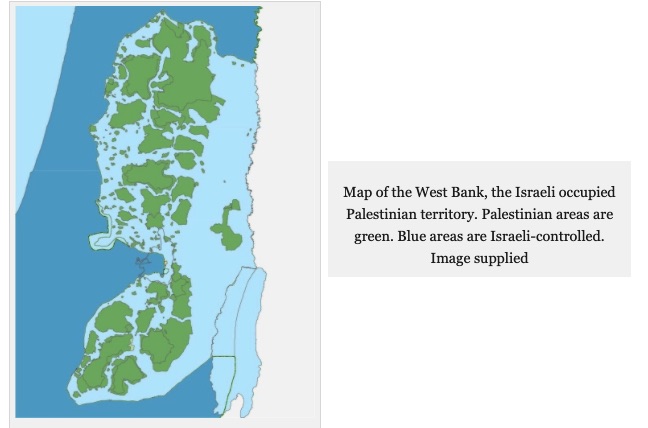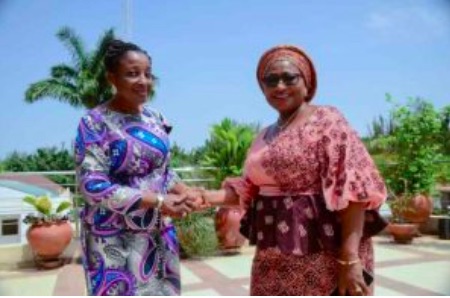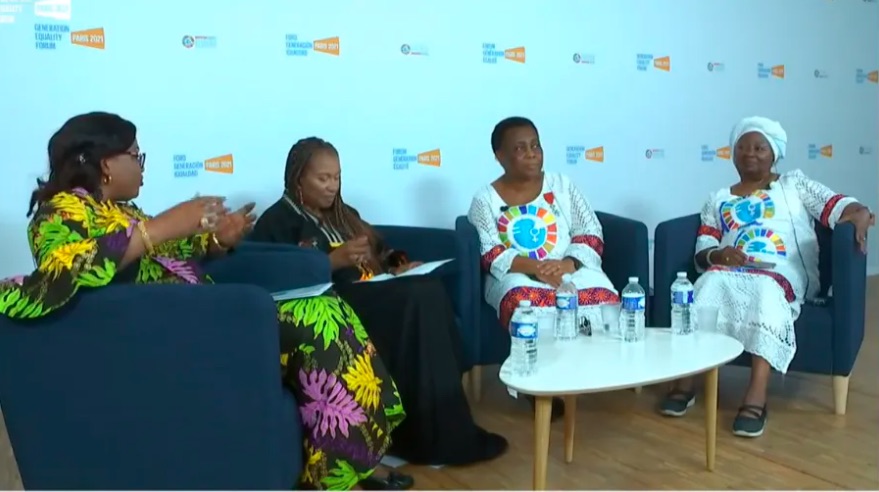FREE FLOW OF INFORMATION
Here are events and application deadlines in July that were previously listed on the CPNN page for upcoming virtual events. Where possible links are provided to recordings of the events. Unless otherwise noted the events are in English.

Mardi 6 juillet 2021 – 11h Central European Time (Paris)
Repenser la Diplomatie Nationale dans une vision Panafricaine
Rethink National Diplomacy in a Pan-African vision
Organsé par l’Institut Mandela, et ses Partenaires l’Ecole Doctorale Gouvernance de l’Afrique et du Moyen-Orient (GAMO) ainsi que le Laboratoire de Recherches et d’Actions Diplomatiques (LaRAD),
Avec les interventions des éminentes personnalités :
– Premier ministre Olivier Mahafaly
– Ministre José Brito
– Ambassadeur Ezzeddine Zayani
– Ambassadeur Dieudonné Ndabarushimana
– Maître Tall Nadia Biouelé
— Participer à la réunion Zoom Code secret : 633945
Thursday, July 7, at 5:00 PM Pacific Time (USA)
The New Cold War with China: Can We Keep It From Getting Hot?” a talk by Michael Klare, followed by discussion
The US and China are engaged in what can only be described as a New Cold War. Both sides are rapidly expanding their military capacity to engage in war with one another, and engaging in dangerously provocative maneuvers in the South China Sea and in the waters around Taiwan.
— Both are also engaged in diplomatic efforts to isolate the other and to restrict the access of the other to international markets. These policies could easily result in an incident likely to trigger a major war, much as mutual antagonisms among the great powers of Europe resulted in the outbreak of World War 1.
— Michael Klare will discuss the causes and characteristics of the New Cold War, the risks of its triggering a hot war, and strategies for preventing this from occurring. He is a professor emeritus of peace and world security studies at Hampshire College and a Senior Visiting Fellow at the Arms Control Association in Washington, D.C.
— This event is co-sponsored by the Wellstone Democratic Renewal Club and the Committee for a Sane US-China Policy.
— The event will be held on Zoom. Please register in advance here.
7 July 2021 at 9am Eastern Standard Time (US)
Fostering Multi-Religious Collaboration And Global Partnerships
Based upon the feedback and recommendations received from the first Global Webinar Series, Religions for Peace, in coordination with Regional Offices, will convene the second series of global capacity development webinars in 2021, with a view to continuing to facilitate the process of strategic Learning Exchange among IRCs across the movement. These webinars will focus on our Six Strategic Goals:
Promote Peaceful, Just, and Inclusive Societies
Advance Gender Equality
Nurture A Sustainable Environment
Champion the Freedom of Thought, Conscience, and Religion
Strengthen Interreligious Education
Foster Multi-religious Collaboration and Global Partnerships
Simultaneous translations for Arabic, French, and Spanish will be provided for all global webinars. Following each of these, regional webinars will be organized under the leadership of the Religions for PeaceRegional Secretaries General, in coordination with Religions for Peace International Secretariat.
— This event is by invitation only. Inquiries can be sent to pbartoli@rfp.org.
SÁBAD0 10 de JULIO, 8:00 am a 11:00 am – Hora Colombia – México
Seminario ” Introducción a las Comunicaciones en proyectos en Derechos Humanos y Culturas de Paz.
– Comunicación Radial. Producción de contenidos radiales. Lenguaje y libreto para distintas piezas radiofónicas. Planificación de Programas radiales.
SABADO 17 de JULIO, 8:00 am a 11:00 am – Hora Colombia – México
– Teoría de las Comunicaciones. Comunicación No Violenta. Elementos Básicos que lo caracterizan. El lenguaje joven en la estructura comunicacional actual.
SABADO 24 de JULIO, 8:00 am a 11:00 am – Hora Colombia – México
– Principios fundamentales para la comprensión de los Derechos Humanos como sistema de garantías y defensa en la sociedad actual. Su aplicación y desarrollo en el mundo juvenil.
Se espera convocar a jóvenes de la región a profundizar conocimientos y prácticas sobre el análisis de las comunicaciones vinculadas a estos temas – particularmente la comunicación radial – , fortalecer los grupos de trabajo existentes y crear nuevos en el ámbito universitario, comunitario, organismos gubernamentales e instancias públicas y privadas. . . . Es nuestro deseo que este Seminario promueva en la región latinoamericana participación juvenil e interés en las acciones y proyectos solidarios mediante prácticas concretas de Voluntariado, creando redes de colaboración y trabajo conjunto entre las Juventudes participantes
— Link de Inscripción al seminario
Wednesday, July 21 • 4:00pm Eastern Standard Time (USA)
Civil Resistance Against Climate Change: What’s Happening and What Works?
The International Center on Nonviolent Conflict (ICNC) is pleased to host Robyn Gulliver and Winnifred Louis as they discuss their forthcoming monograph, co-written with Kelly Fielding, Civil Resistance Against Climate Change: Strategies, Tactics and Outcomes of a National Climate Change Movement in Australia. Beginning with an overview of the groups which engage in climate change civil resistance and the tactics they use, the presenters will then discuss the extent to which this activity is succeeding in achieving its goals. The webinar will also include a discussion of the dynamics and outcomes of two case study campaigns (the Stop Adani anti-coal mine campaign and the Divestment campaign), before concluding with consideration of how different levels of the Australian government is responding to climate change related civil resistance.
— You Tube recording
Jul 23, 2021 03:00 PM (Central European Time)
Launch of Nuclear Games
As athletes gather in Japan for the start of the Olympic Games, much attention is being given to the value of the Games for sports, protection at the Games from the COVID virus, and the Olympic Ideal for Peace and Humanity. But there are other, threatening and deadly Games involving Japan – and the entire world – that will continue during the Olympics and after. These Games involve the deadly nuclear arms race and the misguided pursuit of nuclear energy. Nuclear Games, which will be launched on July 23, tells five nuclear age stories – in new, animated web documentary and ‘manga’ formats – designed to educate and engage.
— Facebook recording
Tuesday, July 27, 2021 • 12:00-1:30 PM • Eastern Daylight Time (US)
Walking a Path to a World Beyond War – The Abraham Path Initiative
How can walking lay a path for a world beyond war? The Abraham Path Initiative (API) has been developing walking trails in Southwest Asia (aka “the Middle East”) since 2007. This U.S.-based NGO promotes walking as a tool for economic development, intercultural experiences, and fostering friendships across the challenging divides of our times. When basic needs are met and people are seen in the fullness of their humanity, a foundation for fruitful engagement becomes possible. When people walk together toward a shared destination, their visions for what may be possible also align.
— In this webinar, we explore the work, successes, and challenges of creating walking trails in a region known for conflict. We meet API’s executive director and it’s consultants in Palestine and Iraq. The conversation will be moderated by Salma Yusuf, Advisory Board Member of World BEYOND War, and Q&A facilitated by David Swanson, Executive Director of World BEYOND War.
— click the You Tube recording








